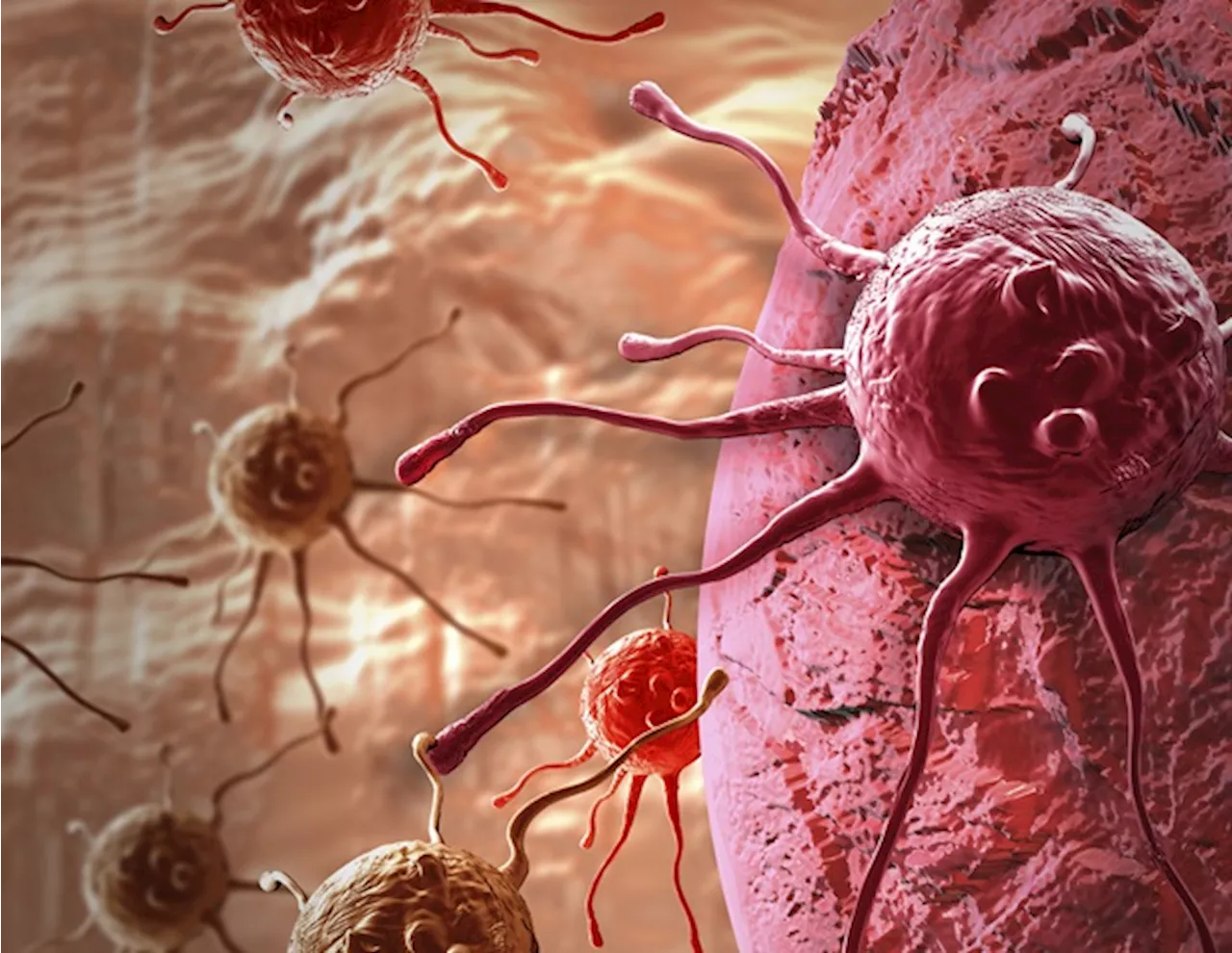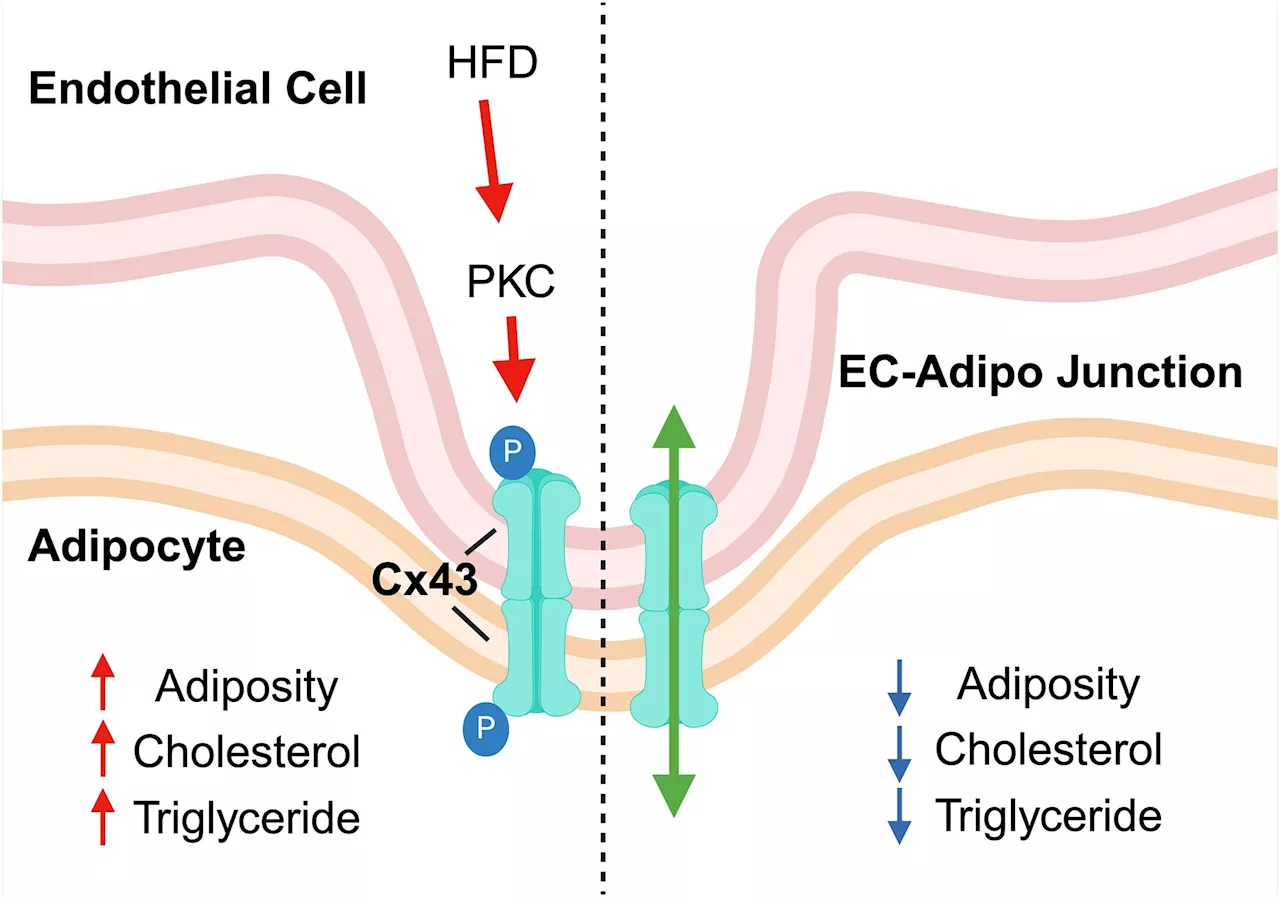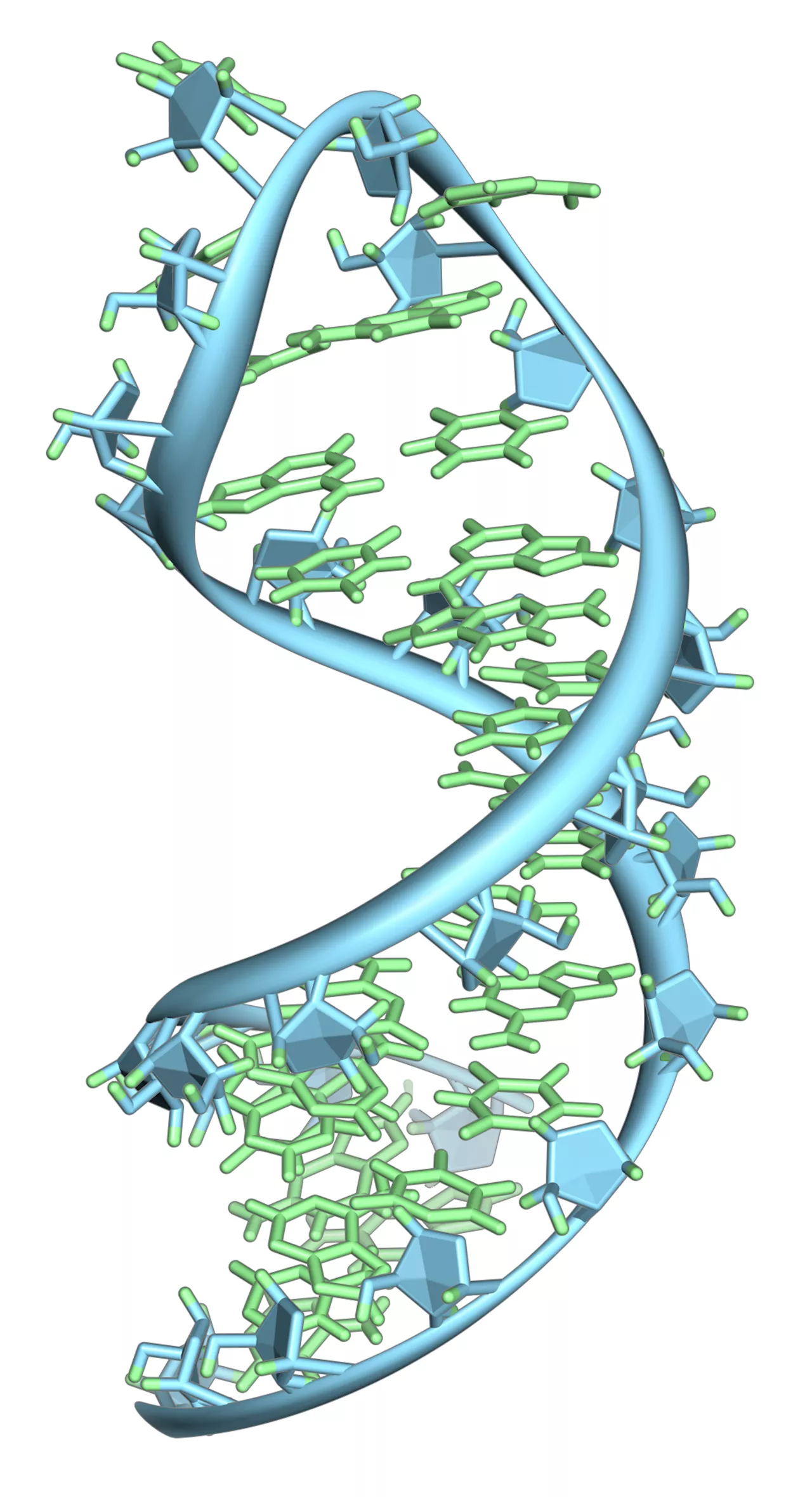Researchers said the finding is ‘remarkable’.
Scientists have identified a gene missing in some people with obesity and postnatal depression, and have identified a potential cure
They found that the boys were both missing a single gene – known as TRPC5, which sits on the X chromosome. Female mice showed similar behaviours. And when they became mothers they also displayed depressive-like behaviour and “impaired care of offspring,” the authors said.One of our inspiring public health nurses sent us this 😊 😊“They displayed very similar behaviours to those seen in people missing the TRPC5 gene, which in mothers included signs of depression and a difficulty caring for their babies. This shows us that this gene is causing these behaviours.
In the latest study, researchers found that deleting the TRPC5 gene from these oxytocin neurons led to otherwise healthy mice showing signs of anxiety, overeating impaired social skills and, in the case of mothers, postnatal depression-like symptoms.This, the authors said, suggests that restoring oxytocin could help treat people with missing or defective TRPC5 genes – which could potentially lead to new treatments for obesity and postnatal depression.
United Kingdom Latest News, United Kingdom Headlines
Similar News:You can also read news stories similar to this one that we have collected from other news sources.
 Researchers investigate potential of smart homes to aid in aged careThe boom in aging around the world, including China where traditional family-based care is common, is underpinning a tech revolution in elder care, say Flinders University health and aged care experts.
Researchers investigate potential of smart homes to aid in aged careThe boom in aging around the world, including China where traditional family-based care is common, is underpinning a tech revolution in elder care, say Flinders University health and aged care experts.
Read more »
 Sierra Leone's bushmeat markets pose serious health hazards—Researchers offer potential solutionsYou are walking through the bustling center of Bo, Sierra Leone's third largest city. Following the crowd, you turn off the main road onto a narrower thoroughfare and find yourself in an open-air market. Shelters constructed from timber and sheet-metal roofing line each side of the narrow, unpaved walkway. A foul smell hits your nose.
Sierra Leone's bushmeat markets pose serious health hazards—Researchers offer potential solutionsYou are walking through the bustling center of Bo, Sierra Leone's third largest city. Following the crowd, you turn off the main road onto a narrower thoroughfare and find yourself in an open-air market. Shelters constructed from timber and sheet-metal roofing line each side of the narrow, unpaved walkway. A foul smell hits your nose.
Read more »
 Researchers discover potential new therapy for lethal metabolomic diseaseResearchers at the Abimael Laboratory of Neurometabolism and the Neurometabolomics & Neuroinformatics core at Mount Sinai have discovered a potential new therapy, improved an existing treatment, and identified a disease biomarker in a mouse model of a lethal neurometabolic disease in humans.
Researchers discover potential new therapy for lethal metabolomic diseaseResearchers at the Abimael Laboratory of Neurometabolism and the Neurometabolomics & Neuroinformatics core at Mount Sinai have discovered a potential new therapy, improved an existing treatment, and identified a disease biomarker in a mouse model of a lethal neurometabolic disease in humans.
Read more »
 Researchers identify a potential metabolic target for cancer immunotherapyResearchers at the VIB-KU Leuven Center for Cancer Biology have identified a potential target for cancer immunotherapy.
Researchers identify a potential metabolic target for cancer immunotherapyResearchers at the VIB-KU Leuven Center for Cancer Biology have identified a potential target for cancer immunotherapy.
Read more »
 Researchers ID potential cause behind the blood vessel dysfunction in obesityObesity is a metabolic disorder tied to endothelial dysfunction and increased risk of cardiovascular disease. A recent study, published in the journal Function, investigated the mechanisms responsible for lipid transport and storage interaction with body fat and its impact on metabolic function.
Researchers ID potential cause behind the blood vessel dysfunction in obesityObesity is a metabolic disorder tied to endothelial dysfunction and increased risk of cardiovascular disease. A recent study, published in the journal Function, investigated the mechanisms responsible for lipid transport and storage interaction with body fat and its impact on metabolic function.
Read more »
 Researchers discover potential mole reversal therapy in rare conditionResearchers at the Francis Crick Institute, UCL Great Ormond Street Institute for Child Health and Great Ormond Street Hospital for Children (GOSH) have designed a new genetic therapy that could alleviate debilitating giant moles in a rare skin condition.
Researchers discover potential mole reversal therapy in rare conditionResearchers at the Francis Crick Institute, UCL Great Ormond Street Institute for Child Health and Great Ormond Street Hospital for Children (GOSH) have designed a new genetic therapy that could alleviate debilitating giant moles in a rare skin condition.
Read more »